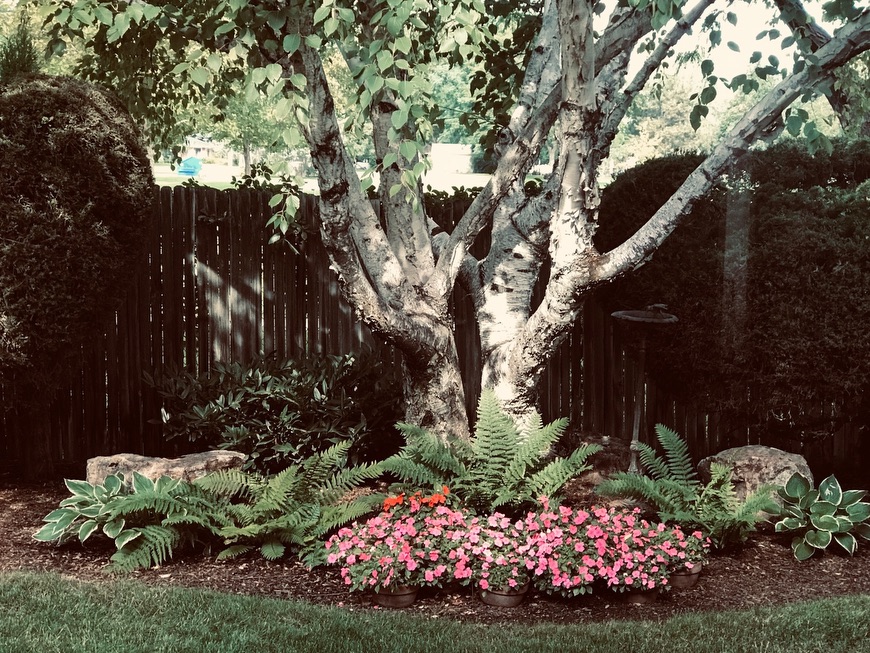“It is for your sake we are killed all day long" (44:22).
Psalm 44 is often referred to as the "black sheep of the Psalter,” the only lament psalm with no resolution… Or so it seems at first reading.
The poet begins by recounting Israel's past victories and the means by which her ancestors drove the Canaanites out of the land—"not by their sword" but by the strength of God's almighty arm (44:1-4).
So...Israel went out to battle again, counting on God to fight for them: "Not in my bow do I trust, nor can my sword save me..." And suffered historic, humiliating defeat (44:5-28). It was a slaughter (44;11). Israel bit the dust; their bellies were dragging the ground (44:25). It was Georgia Tech vs. Cumberland College, 222-0.all over again. All this came about although Israel had not forgotten God, nor had she been false to His covenant (44:17).
But the poet has a flash of insight at his point of greatest perplexity: "It is for your sake we are killed all day long" (44:22).
The battle is more than local. We're part of the cosmic struggle of "the kings of the earth … against the Lord and his Anointed" (Psalm 2:2). We’re collateral damage in a bloody war between God and his enemies, a conflict 16th century Christian writer Jakob Boheme gathered up in a prayer: “May the Overcomer, Jesus Christ, through Himself, overcome in us all his enemies.”
Paul cites this psalm and spells out the forces arrayed against us and our Lord: tribulation, distress, persecution, famine, nakedness, danger, and sword. Nevertheless, he insists, "In all these things we are more than conquerors through Him who loves us" (Romans 8;37).
We’ll be overrun now and then; we’ll suffer days of mortifying defeat. But we’re fighting a battle that has already been won.
And in the interim we have this assurance: "Neither death nor life, nor angels nor rulers, nor things present nor things to come, nor powers, nor height nor depth, nor anything else in all creation, will be able to separate us from the love of God in Christ Jesus our Lord!" (Romans 8:38,39).
Life is unmitigated struggle. Some days we’ll win; some days we’ll lose; some days we’ll lose BIG. But no matter. We will win in the end because we have chosen the right side. And in the interim, we are loved with everlasting love!
The psalmist saw this: “Redeem us for the sake of your steadfast love!" (44:26).
David Roper
9.3.21


